- January 20, 2019
- Posted by: IshwarChidambaram, CFA
- Category:BLOG, Events, India Investment Conference, Mumbai
 Speaker: Morgan Housel, Partner, Collaborative Fund
Speaker: Morgan Housel, Partner, Collaborative Fund
Moderator: Kalpen Parekh, President, DSP Investment Managers, Pvt. Ltd.
Written by: Ishwar Chidambaram, CFA, FRM, CAIA
Morgan Housel- Partner, Collaborative Fund- gave an amazing presentation on behavioural biases and pitfalls faced by ordinary investors. This was the most eagerly anticipated session of the conference and it lived up to its billing. Morgan began by asserting that we all have vastly different experiences as investors. He gave the example of 2 investors in the US, one of whom (“Grace”) was from humble background but earned millions through successful investing. The other (“Richard”) enjoyed a privileged upbringing but was forced to declare bankruptcy. Thus one can conclude that investing is not about what you know, rather it is about how you behave!
Morgan’s presentation revolved around 5 stories which reinforced his central theme:
Story 1: Nuclear Energy and Investing- Austrian citizens chose not to turn on a US $ 1 Billion nuclear power plant due to safety considerations. This was despite the fact that other nations like US, UK, Japan, etc. were all using nuclear power safely. Thus risk is not universally perceived the same way by all investors. Morgan gave the additional example of US and Australia. He said that Australia has had no recession in past 27 years, while US has witnessed 3 recession in the same period. Thus these two nations hold diametrically opposite views on the risk of recession- while US tends to be paranoid about recession, Australia tends to be complacent about the same. Similarly, individual investors’ willingness to bear risk depends on their personal history. As Daniel Kahneman points out- we explain the past with ease, but we are terrible at predicting the future. There are 3 ways to overcome this:
- Talk to as many people as you can- This helps to broaden one’s horizons
- Talk to people you disagree with- This helps to avoid confirmation bias
- Talk to people in different emotional states- especially important for financial advisers to regard clients without emotion
Story 2: War on Cancer- Today cancer rates are falling as the war on cancer has been effective at saving lives. We may be unable to cure cancer completely, but we can prevent cancer by modifying diet, lifestyle, etc. However, it is very difficult to raise money for cancer prevention (as opposed to cancer research). This is despite the fact that the impact of cancer prevention is greater than that of cancer research, but the former is just not very intellectually stimulating. The same applies to investing, wherein simple rules for investing are not followed by most people, who are looking for complex theories. Morgan compared the desk of legendary investor Warren Buffett with that of a trader from Lehman Brothers (shortly before bankruptcy). The former desk is simple and clutter-free, while the latter appears chaotic and disorganized. Morgan also pointed out that Warren Buffett’s investment firm Berkshire Hathaway has outperformed Private Equity funds by 5.1% on average. This is largely because the latter charges a 2 and 20 fee structure, while Berkshire does not charge any fees. This accounts for at least 4% out of Berkshire’s 5.1% annual out-performance. Morgan revealed that the father of Modern Portfolio Theory, Harry Markowitz- who pioneered the use of complex concepts like Efficient Frontier- himself used a simple 50:50 rule to split his investments among stocks and bonds! Morgan concluded by asserting that the goal of investing is not to minimize boredom, it is to maximize returns! If you want clients to stick around, then do things simply.
Story 3: Development of Babies’ Brains- The numbers of synaptic connections formed among neurons in an infant’s brain are amazing. These reach a peak by the age of 2 years, and keep declining steadily thereafter. A lot of synaptic connections in new-borns is actually haywire. Babies can actually hear colours and smell sounds! They get smarter by getting rid of the chaos in their brains. This analogy can be extended to investing. Most investors buy out of greed near market peaks and sell out of fear near market bottoms, repeating this cycle until they are broke! As Eisenhower remarked, “The great leader, the genius in leadership, is the man who can do the average thing when everybody else is going crazy.” This applies to successful investing.
Story 4: Running- Archibald Hill was an English physiologist who attempted to answer the question “How fast can we run?”. He came up with exotic formulae to predict how fast a human being can run. In 1922, he was even awarded the Nobel Prize in Medicine for his efforts. The irony was that although his formulae were very accurate in the laboratory, they were of no practical significance on the racetrack. Thus they were of no use to predict future winners of actual races. Mr. Hill responded to his critics by saying that “We don’t do it because it’s useful, we do it because it’s amusing!” Mr. Hill and his team failed to account for the fact that how fast we can run is not just a function of bodies and muscle power, but also of psychology. Contestants in races get anxious, nervous, hyper-focused. This applies to predicting the financial markets as well. Every year since 2009, various financial publications have been screaming themselves hoarse saying “The easy money has been made!”. This has happened every year for the past 9 years, yet the bull run in stock markets has soldiered on. This is mainly because share prices are a function of 3 factors-
- Dividend Yield – This is easy to calculate
- Earnings Growth- This can be found
- Change in Valuations- This is impossible to know as it captures people’s sentiments
This is where the Margin Of Safety comes in. As Ben Graham said: The function of the margin of safety is, in essence, that of rendering unnecessary an accurate estimate of the future. Thus, while margin of safety gives an investor room for errors in forecasting, it does not imply conservatism.
Story 5: Wright Brothers and Investing- The invention of flight is today universally recognized as one of the most important developments of the 20th Century. However, the remarkable story of the Wright brothers quest to build a flying machine was not given any importance by the news media at the time. In fact, for nearly 2 years nobody paid any attention to this revolution in the making, except the Dayton Herald, which covered the story out of sympathy! The Wright brothers mastered the art of turning and landing the aircraft, thus demonstrating creativity and engineering ability, and ultimately pioneered the development of modern aviation. This story shows that important events which shape the future of humanity are often overlooked by news media.
The lesson from all the above stories is that stocks become less risky the longer one holds them (more than 10 years). Ultimately it is worth bearing in mind that people don’t get what they want or expect; they get what they deserve.
- IC

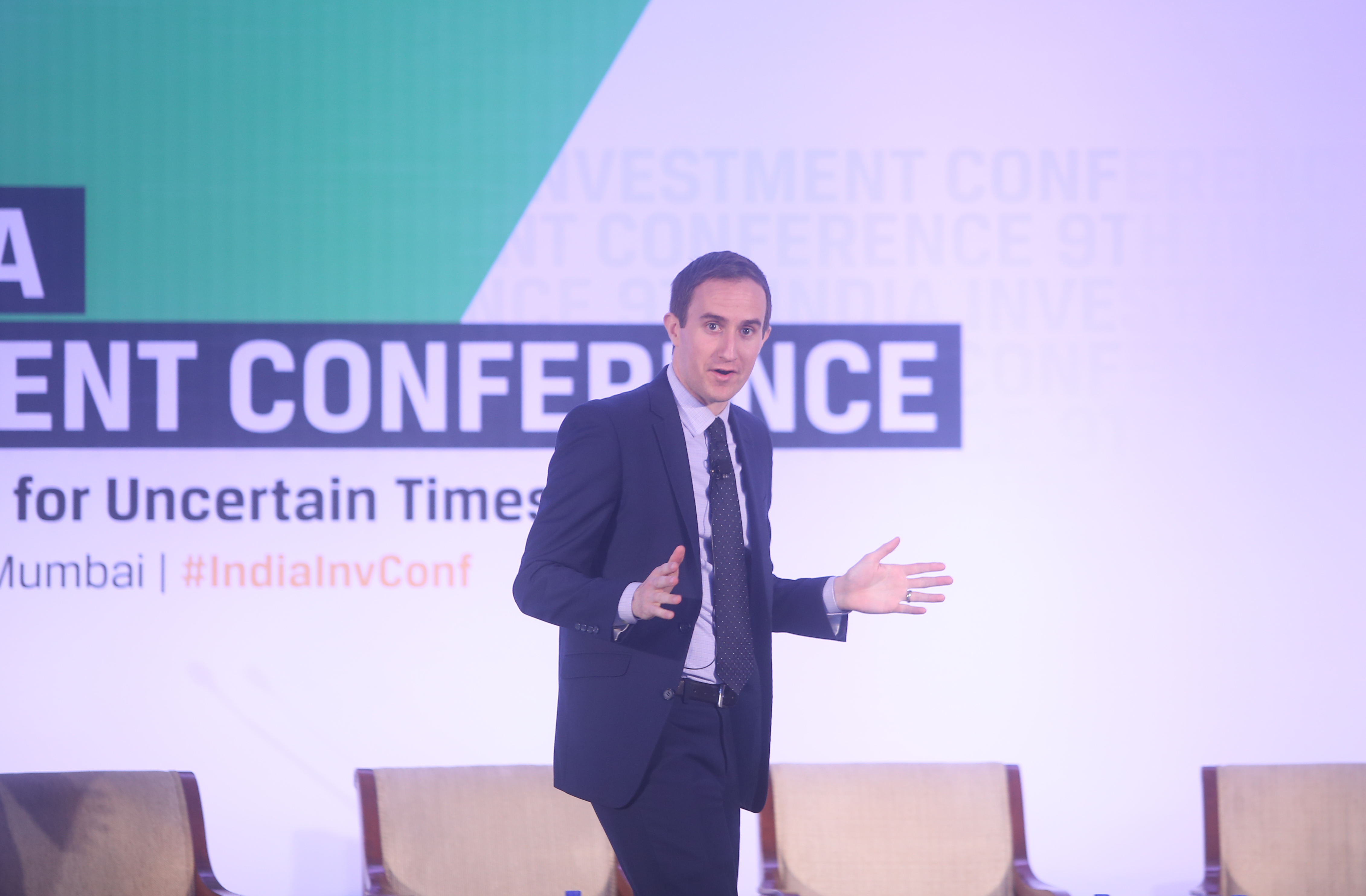
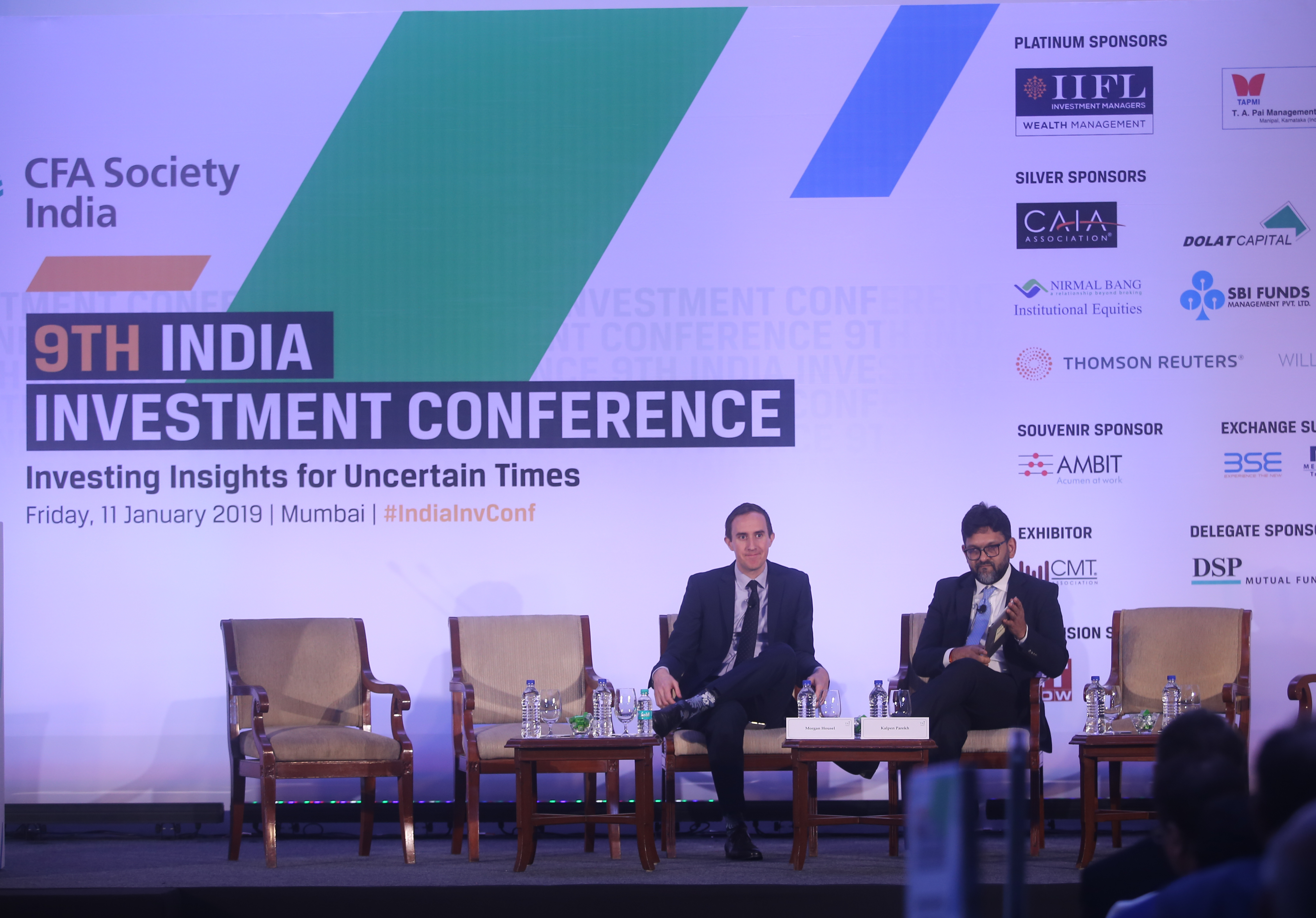
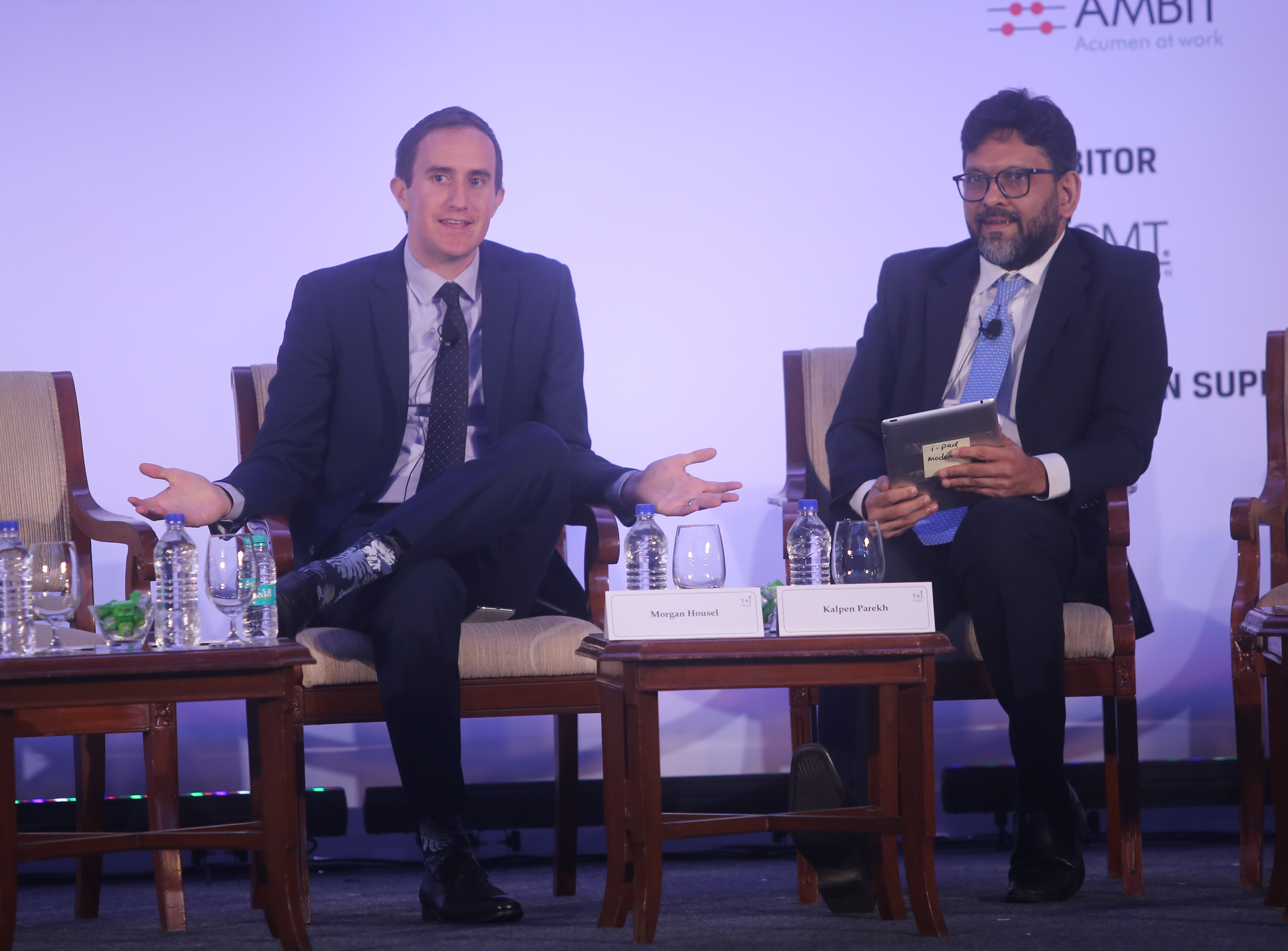



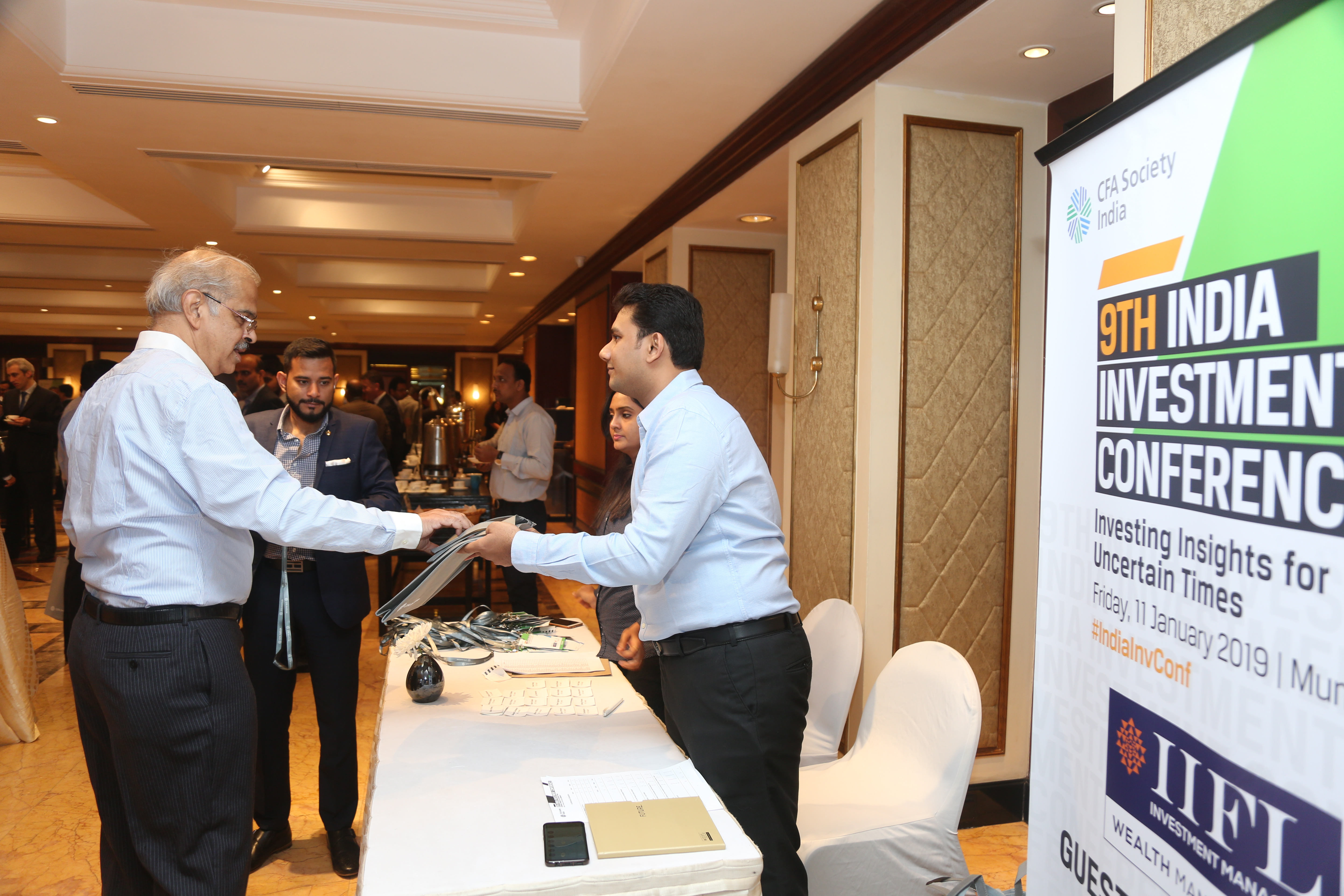

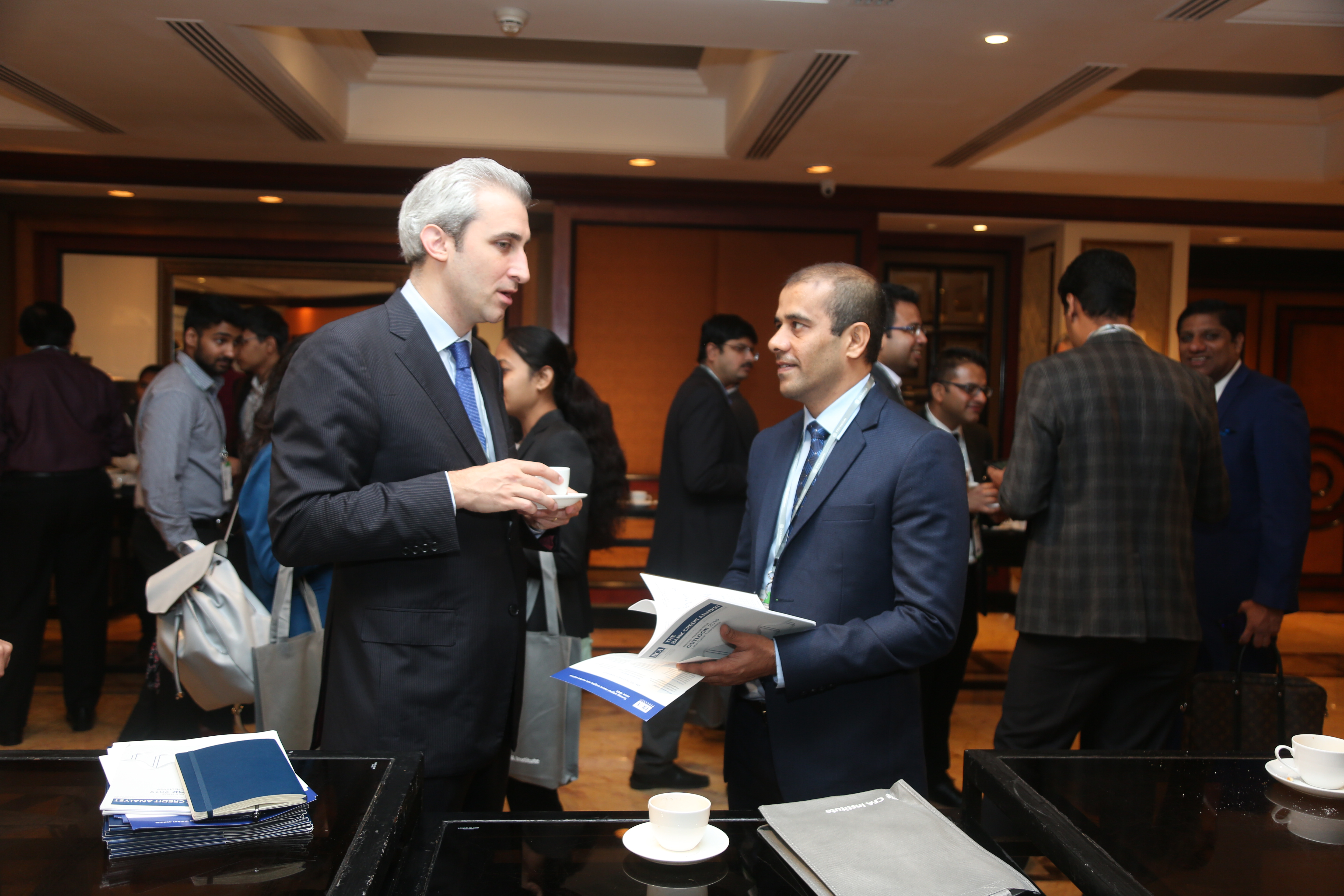



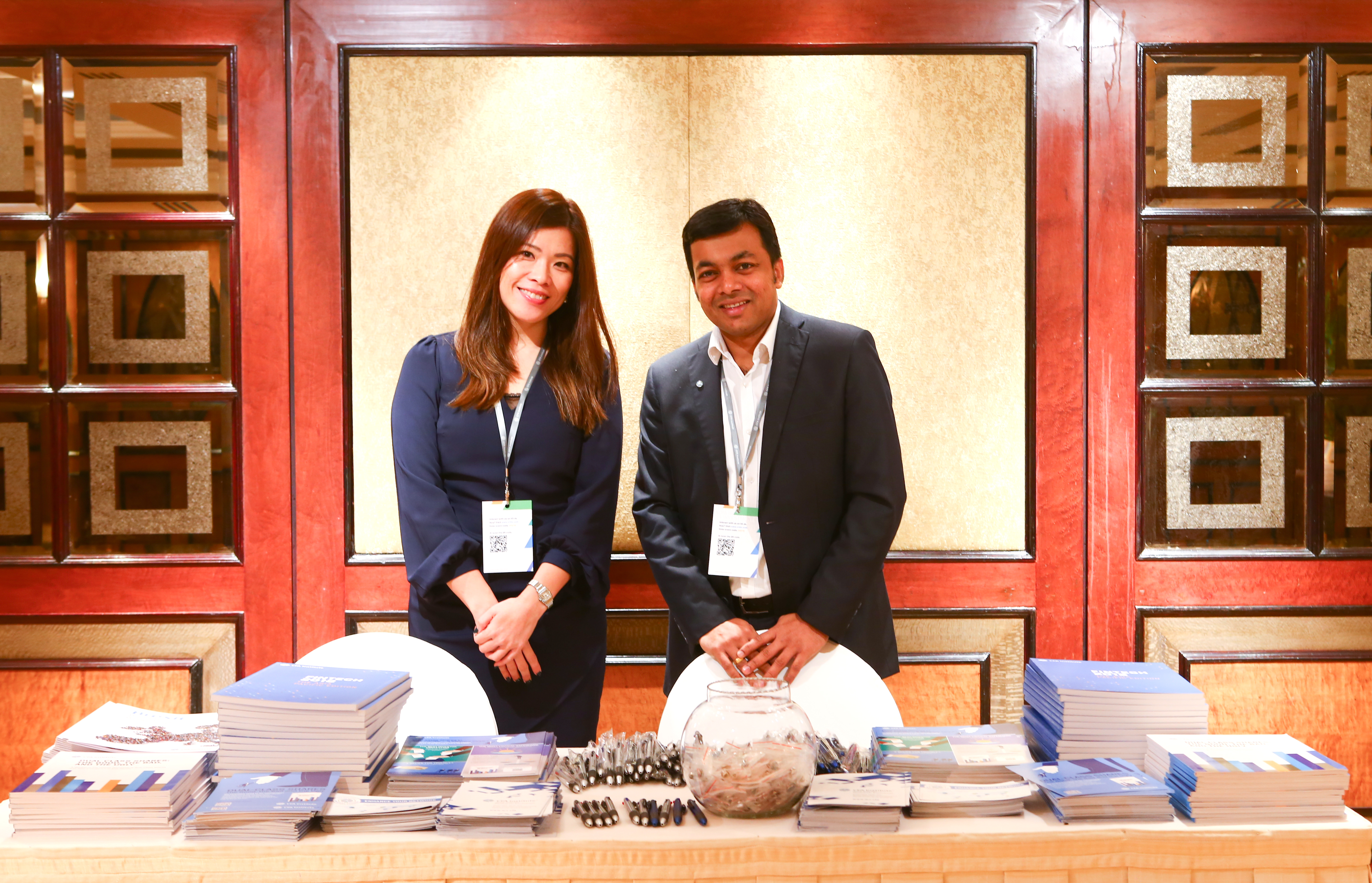
Perfect analogies and perfect theories. Good.